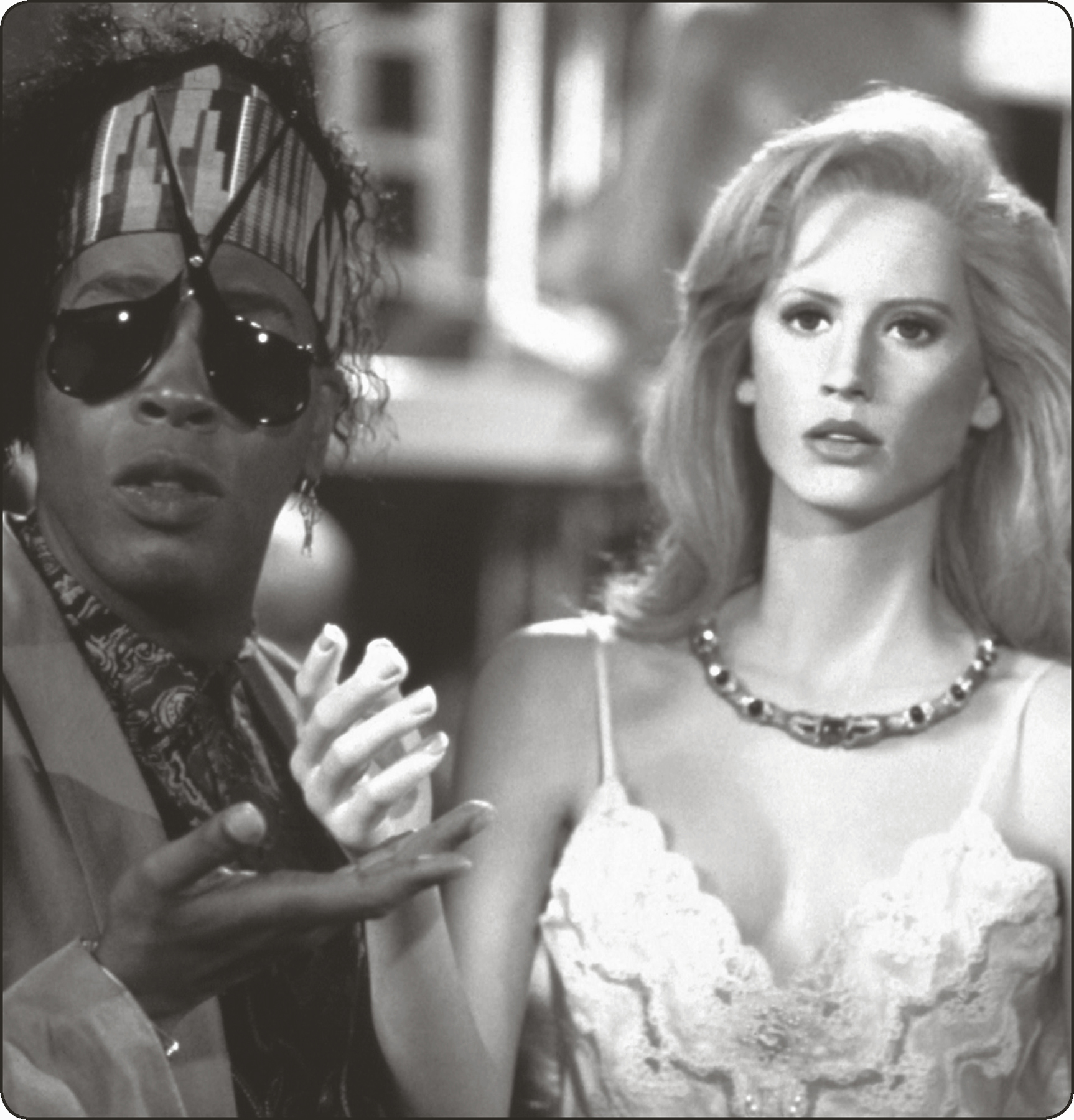
MANNEQUIN 1987
 19%
19%
Directed by Michael Gottlieb
Written by Edward Rugoff and Michael Gottlieb
Starring Kim Cattrall, Andrew McCarthy, Meshach Taylor, James Spader, Estelle Getty
Synopsis
An Ancient Egyptian princess would rather explore the world and find true love than be in a boring arranged marriage. The gods hear her plea and turn her into a muse who ends up possessing the form of a department store mannequin, where she meets an intriguing window dresser.
Why We Love It
Plenty of young, idealistic kids have run from arranged marriages in movies before—but how many of them did it by faux-mummifying themselves in a sarcophagus? Kim Cattrall as Emmy, the headstrong young Ancient Egyptian, desperately wishes for a life outside of the one she knows. So, while she’s arguing with her mother about the possibilities that life could hold for her, she asks the gods to take sides, and poof—she disappears. Even in Ancient Egypt, parents just don’t get it.
When we next catch up with Emmy, she’s a department store mannequin being created/ogled by sexually-unthreatening-but-still-dreamy Jonathan (Andrew McCarthy). It’s unclear what scarab beetles the gods were smoking to create this wild ride, but it remains one of the most creative rom-com “meet cutes” in movie history. He’s fired for spending too much time creating her, but he can’t ignore how having her in his life made him feel like a real artist. The stars align, and he gets a shot at creating window dressings starring his muse, which brings him fame and fortune and causes nearly every other character in the movie to participate in weird department store espionage to try to stop him from making windows pretty.
In a film full of wild hyperbole—Emmy hang-gliding in the department store after hours, a security guard (G. W. Bailey) sic’ing his bulldog on Jonathan while he’s on the clock dressing windows—there is still a small, grounded message within. Emmy is a creative, resourceful woman who wants to express herself, and she found a partner who’s driven to do the same. Sure, he takes all the glory because she freezes whenever someone else looks at her (a twisted representation of the male gaze?), but you can’t have it all.
Speaking of which, Meshach Taylor is an accomplice in all this, playing a gay window dresser named Hollywood. Watching the film in modern times highlights a certain dichotomy: Hollywood’s flamboyant sunglasses are simultaneously an outdated exaggeration of homosexuality as well as an inarguably fierce accessory. But hey, it’s all about the conversation.